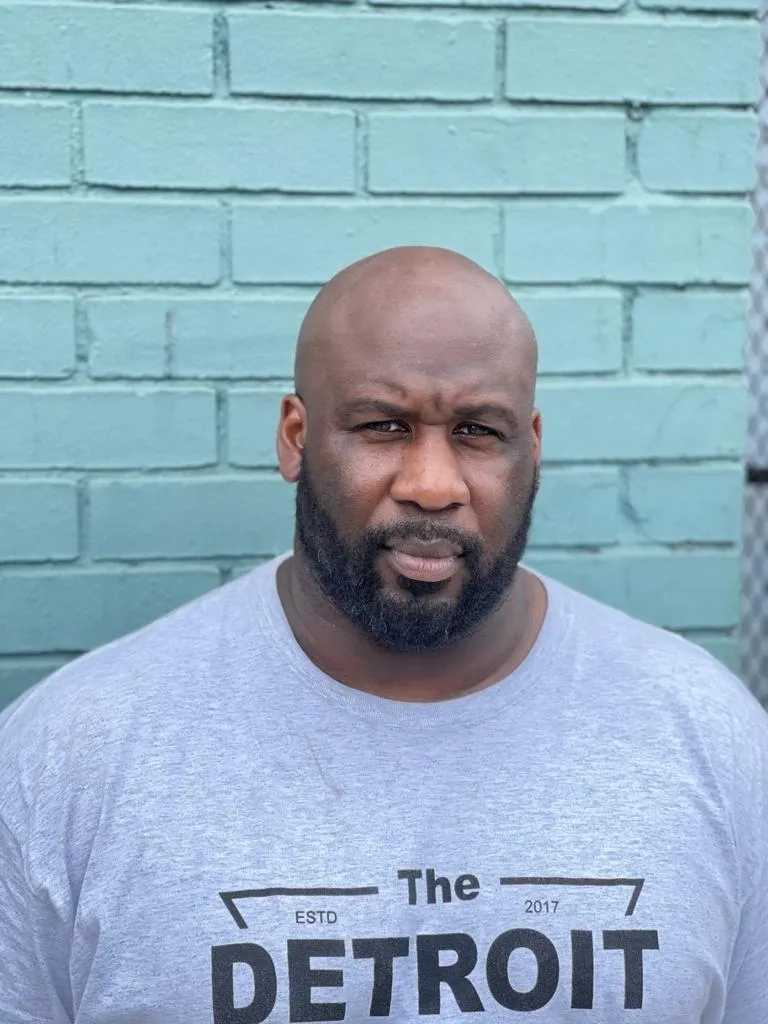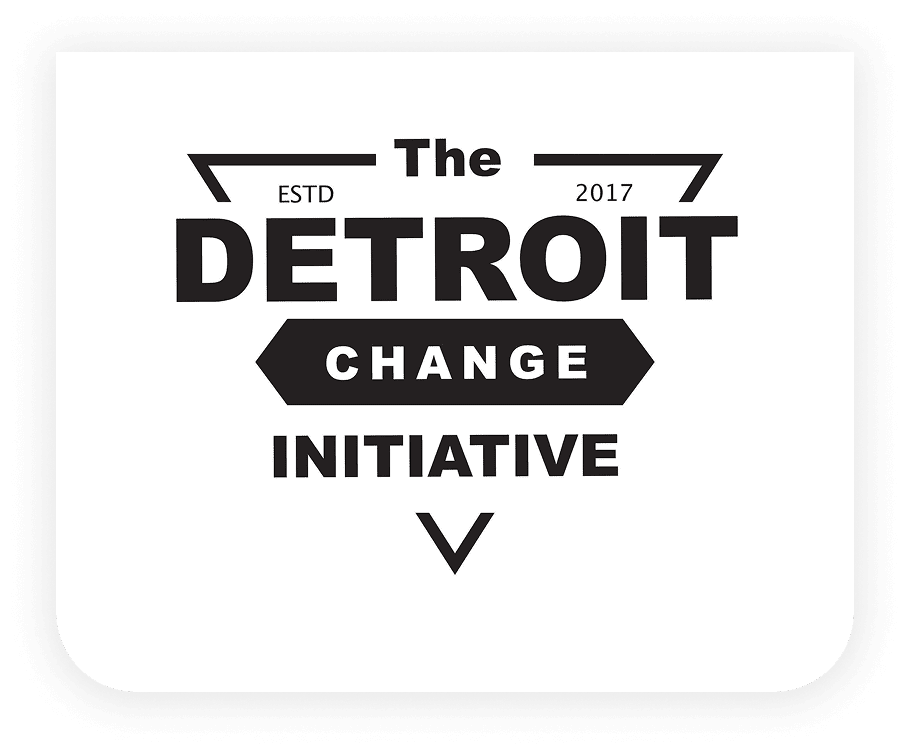
DETROIT REQUIRES GROUNDLEVEL OUTREACH
When Detroit was hard hit by the COVID-19 pandemic, community activists launched a grassroots campaign to vaccinate our neighbors. When Detroiters’ political participation was at risk, concerned citizens pounded the pavement again to register eligible voters.
And now that access to digital opportunity is on the line for low-income Detroiters, we need another all-out effort to mobilize the Motor City.
The Affordable Connectivity Program (ACP) – a federal initiative that covers the total cost of home internet service for families in need – is a once-in-a-generation opportunity to close Detroit’s digital divide. It’s a cornerstone of the Biden administration’s efforts to advance digital equity in communities of color.
But to realize the ACP’s transformative potential, we’ll first need to do the hard work on the ground to get every eligible family signed up. That demands an all-hands-on-deck effort – from city leaders, the business community, and community activists – and the discipline to see the job through without getting distracted or discouraged.
This collaborative vision was on full display at a recent ACP enrollment event at the Focus: HOPE headquarters on Oakman Boulevard, where the Detroit National Action Network (DNAN) and Detroit Change Initiative joined the hosts to help more than 100 community members sign up for the ACP’s $30-a-month benefit.
Paired with Comcast’s Internet Essential Plus, AT&T’s Access offering, or the Verizon Forward program, the ACP makes home internet service accessible for any Detroit family earning up to 200% of the poverty limit (around $60,000 a household of four).
But complex math isn’t required to determine whether your family is eligible. If you’re enrolled in SNAP, Medicaid, public housing assistance, Lifeline, Pell Grants, WIC, or other federal benefits, you qualify for ACP. And because every Detroit Public Schools Community District student participates in the National School Lunch Program, every district family can benefit from the ACP.
But first, these eligible families have to sign up.
Here’s the good news: More than 99% of Detroit homes already have broadband service at their doorsteps. They could sign up today and be connected to digital opportunities almost immediately.
But, here’s the challenging news: Despite this universal availability – and now, through ACP, universal affordability – of home internet service, only 66% of Detroit residents subscribe to home broadband.
This “adoption gap” – not any physical infrastructure – drives Detroit’s digital divide. So, this is where city officials, broadband providers, and community groups need to invest their energy and resources.
Research shows these low broadband adoption rates are driven by a complex combination of factors – from tight household budgets to digital skills gaps.
With 32% of Detroit’s residents living at or below the federal poverty level, some unconnected residents would be hard-pressed to cover a monthly internet bill as they’re already struggling to make rent, feed and clothe their kids, and pay their utility bills. The ACP allows low-income families to connect without sacrificing other necessities by freeing home internet service.
Still, families can’t log on to home internet if they’re among the 25% of Detroit households who don’t have a desktop, laptop, or tablet computer in their homes. The ACP’s one-time $100 discount on select computers is critically essential. Providers are stepping up, too: Comcast donated 100 computers to families at the recent Focus: HOPE enrollment event.
But the most challenging barrier is not understanding why or how to navigate online. Nationwide, 71% of unconnected adults say they are not interested in signing up. And one in three U.S. workers lacks basic digital skills.
Addressing these challenges, Mayor Mike Duggan launched Connect 313 in 2020 to promote digital literacy skills, device access, and broadband adoption. It’s already making a huge difference, reducing our adoption gap from 46% in 2019 to 33% in 2021.
But now, Detroit needs to double down on what’s working. The city earmarked $11 million in federal stimulus funds to build a new fiber broadband network in one neighborhood, but a year later, that money is still unspent. Why not put those dollars to work funding outreach campaigns and digital navigator programs to help get more Detroiters connected – for free – to the fast networks already in place?
Our goal shouldn’t be building expensive infrastructure for its own sake; instead, we must make a connected, digitally literate, and empowered Detroit.
Just as Detroit became the “arsenal of democracy” during World War II and the model for middle-class prosperity for two decades afterward, we can make Motor City a success story for inclusion in the Information Age. We must roll our sleeves and work hard to connect with every neighbor.
Norman Clement is the founder & CEO of the Detroit Change Initiative, a community non-profit focused on voter registration, youth leadership development, and bridging the digital divide.
